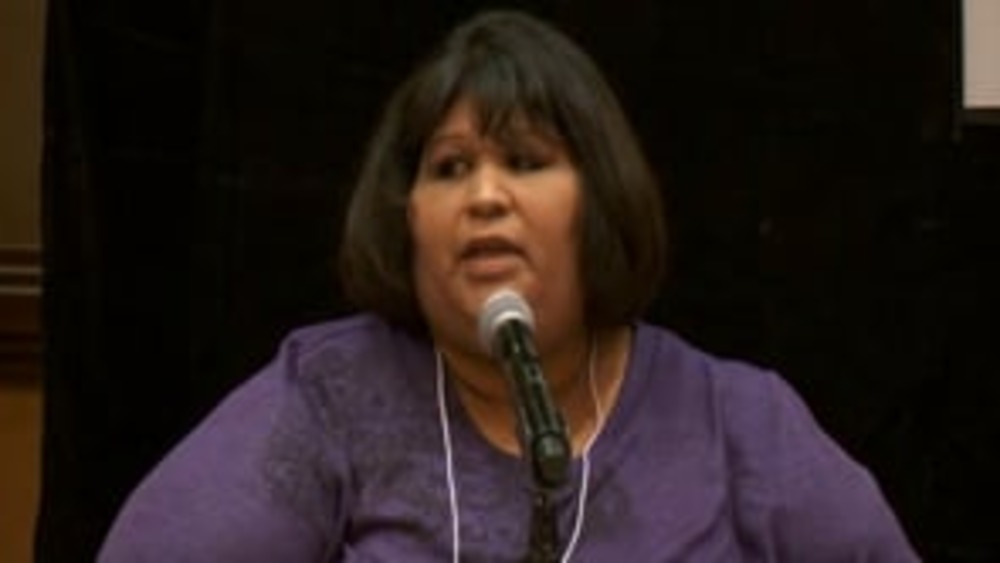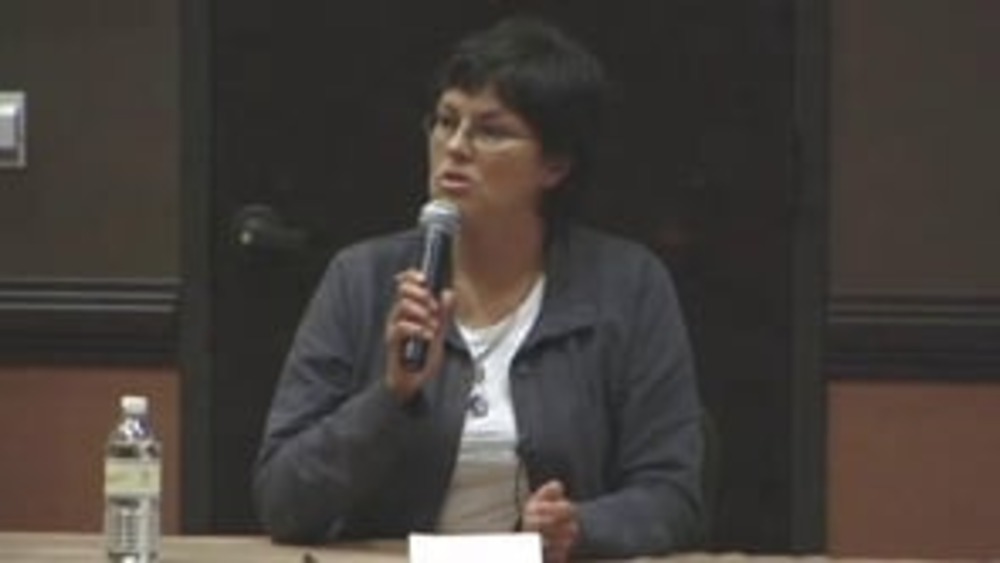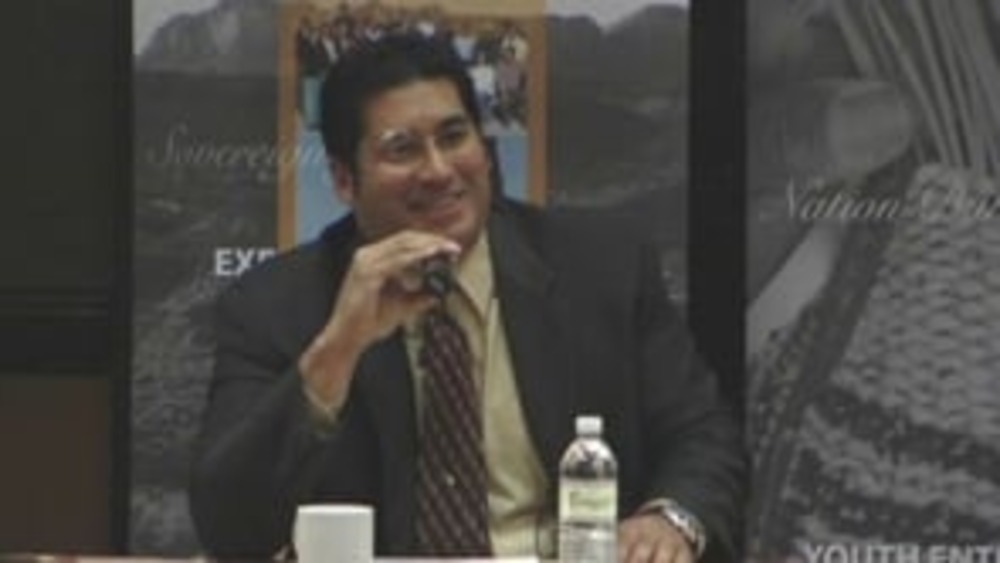Indigenous Governance Database
financial accountability
Thumbnail

Catalina Alvarez: What I Wish I Knew Before I Took Office
Vice Chairwoman of the Pascua Yaqui Tribe Catalina Alvarez shares what she wishes that she knew before she first took office, and focuses on the importance of elected leaders understanding -- and confining themselves to performing -- their appropriate roles and responsibilities.
Thumbnail

Patricia Ninham-Hoeft: What I Wish I Knew Before I Took Office (2009)
Oneida Nation Business Committee Secretary Patricia Ninham-Hoeft reflects on her role as a leader for the Oneida Nation and offers advice for newly elected leaders.
Thumbnail

Deron Marquez: What I Wish I Knew Before I Took Office
Former San Manuel Band of Mission Indians Chairman Deron Marquez reflects on his experience as the chief executive of his nation, from his unexpected return to the reservation to building a sustainable economy essentially from scratch.
